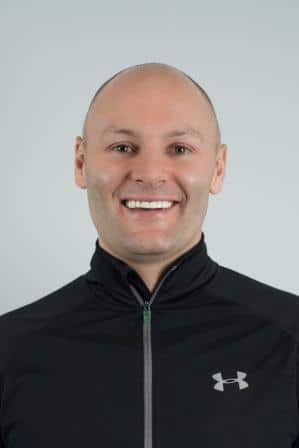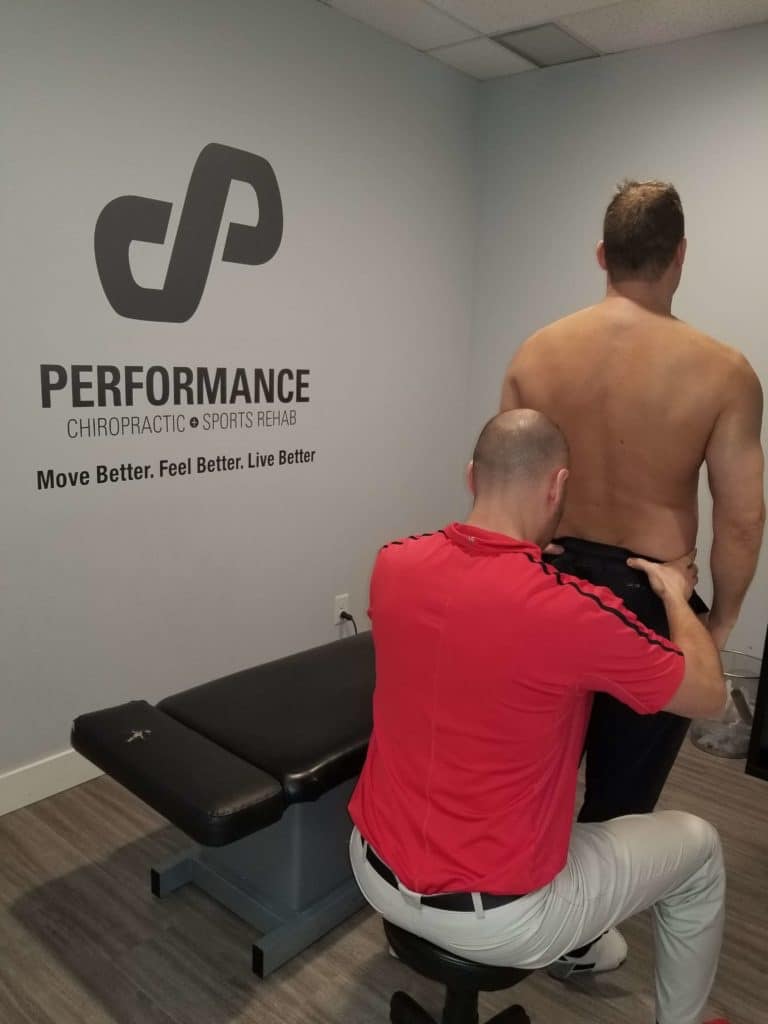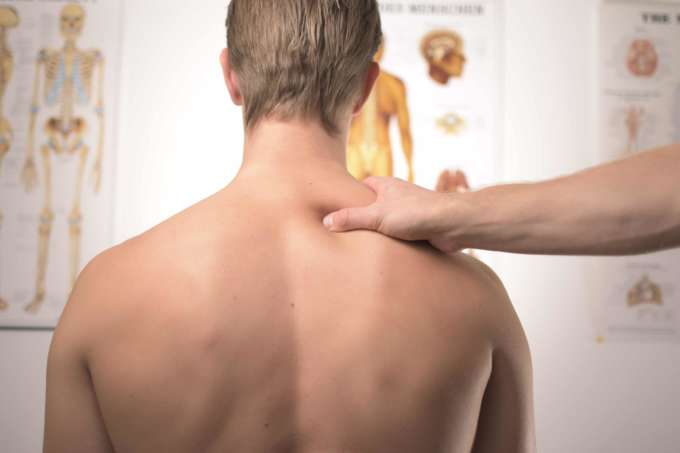Edmonton Physiotherapy
Physiotherapy is a vital part of treatment for many people with arthritis. It is led by physiotherapists who are part of a team of healthcare practitioners who will help you resume or maintain an independent and active life. They are experts in evaluating movement and can show you how to protect your joints. Your Edmonton physiotherapy clinic can:
- offer counseling and reassurance
- help you feel confident about managing your condition
- Respond to uncertainties or concerns
- Set appropriate goals for yourself to stay active
Specialized physiotherapists are trained to diagnose and treat muscle and joint problems. Your medical practitioner can refer you to a specialized physiotherapist rather than an orthopedic surgeon or rheumatologist.
Your physiotherapist will first ask you questions and examine your painful joints. This evaluation allows them to customize the treatment to your needs. An Edmonton physiotherapy treatment plan may include:
- a specific exercise program
- general tips for increasing your activity level and preventing physical activity injuries
- pain relief treatments such as ice or heat packs, massages, acupuncture, manipulations, or bandages
- provide splints or walking aids to keep you independent and mobile.
How can Edmonton Physiotherapy Help?
Understand How Arthritis Affects you
An Edmonton physiotherapist can help patients understand what happens to your muscles and joints when you have arthritis. Understanding your condition will help you control its effects.
Manage your Pain
Arthritis can cause pain in a specific part of the body or more general muscle and joint pain. Medication can help, but a physical therapist can tell you about other pain relief methods that work with your medication. You can continue some of these treatments on your own between appointments:
- Heat packs help relax tired and tense muscles.
- Ice packs can soothe inflamed and hot joints.
- Splints on inflamed or painful joints can help, for instance, during a rheumatoid arthritis flare-up.
- Transcutaneous Electrical Nerve Stimulation (TENS) blocks pain messages to the brain and alters pain perception. A TENS machine is an electronic device that sends impulses to nerve endings through pads placed on the skin. This leads to a tingling sensation that can be relaxing.
Pace Yourself
Doing too much can make your pain worse, but you can’t do enough. Your physical therapist can advise you to increase your activity level as quickly as possible and find the right balance between activity and rest. By scheduling your activities so you don’t overdo them, you can enjoy the things you want to do.
Get Regular Exercise
Gradual exercise begins slowly and increases in small steps. It will help you strengthen your muscles and joints and improve your fitness. As your overall fitness and endurance improve, you can increase your activity level without increasing the pain. Also, regular exercise stimulates the body’s production of endorphins (pain-relieving hormones).
- Your physical therapist may suggest other treatments, including the following:
- Massage therapy can help relax muscles and make joint movement more comfortable.
- Acupuncture can stimulate your brain to produce pain-relieving hormones. Some physical therapists are trained to perform acupuncture.
Other Treatments
- Electrotherapy with techniques such as low-intensity laser therapy and ultrasound can enhance the healing process and thus reduce pain.
- Manipulation can help improve the range of motion in your joint. It is not suitable for all patients, but your physiotherapist can tell you if it can be helpful.
Edmonton physiotherapy can help if you have hypermobile joints where your range of motion is beyond the regular range. Some physical therapists specialize in joint hypermobility and other conditions.

Dr. Ashley Todd is the owner and certified chiropractor at Performance Chiropractic + Physiotherapy, with more than 15 years of professional experience. Registered with the College of Chiropractors of Alberta and the Chiropractic Association of Alberta, Dr. Todd holds a Kinesiology degree from the University of British Columbia and a Doctorate of Chiropractic. He is fully certified in Active Release Techniques (ART) and treats athletes for the Edmonton Elks and Oil Kings. Dr. Todd is dedicated to helping people move better, perform stronger, and live pain-free.





